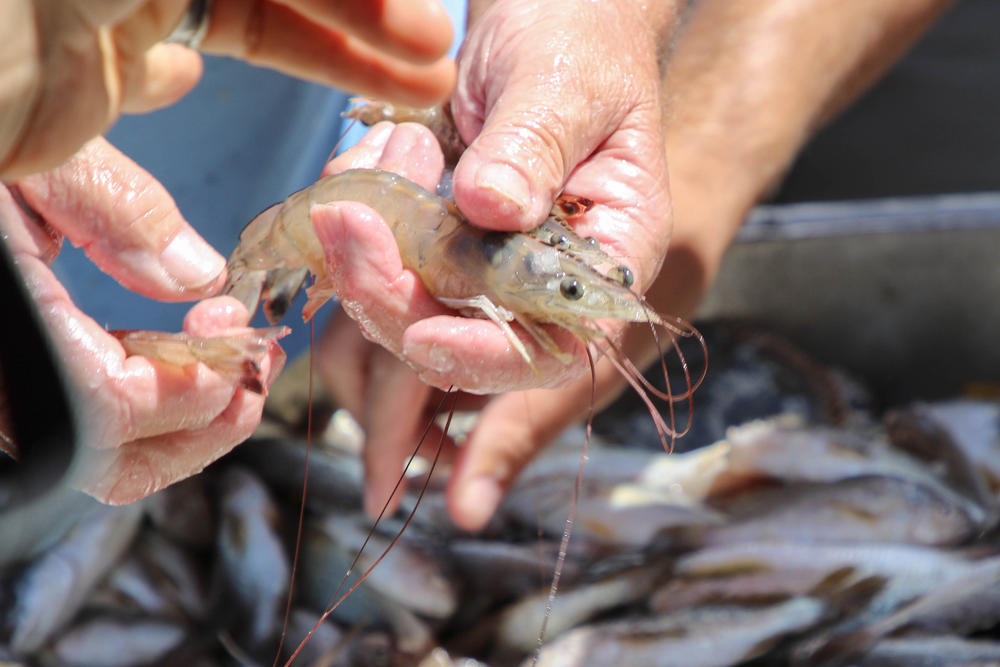Section Branding
Header Content
Black Gill In Shrimp Linked To Climate Change
Primary Content
Researchers on the Georgia coast now believe the rise of black gill disease in the state’s shrimp may be linked to climate change. The condition is tied to warmer water temperatures.Scientists say warmer water temperatures correlate with more black gill cases and lower shrimp harvests.
Scientists at the University of Georgia Skidaway Institute of Oceanography have found that since the rise of black gill in the 1990s, warmer winters have correlated with smaller shrimp harvests. That represents a change from the past, when small harvests came after colder winters.
Institute professor Marc Frischer said knowing this will help shrimpers better plan each season, as well as for the long term.
“The idea is to diversify, Frischer said. "What else can you do? If we know that shrimp will still be there, but you’re only going to be able to make about half as much as you used to.”
He said shrimpers will need to find ways to make up for the reduced income.
Frischer said the evidence linking climate change to black gill should serve as motivation to work to slow down climate change.


